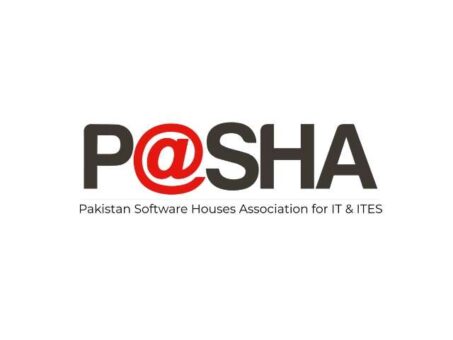Karachi, August 15, 2024 – Pakistan’s rapidly expanding IT industry is reeling from the adverse effects of a government-imposed national firewall, with industry experts warning of potential losses amounting to $300 million.
The Pakistan Software Houses Association (P@SHA) has sounded the alarm, cautioning that the government’s actions could derail the industry’s progress and erode investor confidence at a critical juncture for the digital economy.
The firewall, intended to monitor and regulate online content, has inadvertently disrupted internet connectivity across the country, leading to prolonged outages and severely hampered VPN performance. Businesses dependent on seamless internet access have been particularly hard-hit, with many reporting significant operational challenges. Ali Ihsan, the senior vice chairman of P@SHA, expressed grave concerns over the situation, describing the firewall as a “direct, tangible, and aggressive assault on the industry’s viability.”
Pakistan’s IT sector has been one of the country’s bright spots in recent years, showing remarkable growth despite economic challenges. In June 2024 alone, IT exports surged by an impressive 33%, underscoring the sector’s potential to drive economic growth and create employment opportunities. However, the implementation of the national firewall threatens to reverse these hard-won gains.
Foreign investors, who had previously shown interest in Pakistan’s IT industry, are now reconsidering their commitments due to the unpredictability introduced by the firewall. The concerns are not just limited to economic losses; issues related to data privacy, freedom of expression, and the overall business environment are also coming under scrutiny. The lack of transparency in the government’s decision-making process has exacerbated fears among both local and international stakeholders.
P@SHA has been vocal in its opposition to the firewall, demanding an immediate cessation of its implementation. The industry body has called on the government to engage in constructive dialogue with the IT sector to develop a cybersecurity framework that balances national security concerns with the need to foster a thriving digital economy. Without such collaboration, P@SHA warns that the long-term consequences could be dire, with the potential loss of skilled labor to other markets and a decline in Pakistan’s standing as a competitive player in the global IT landscape.
The government’s stance on digital regulation has come under fire before. Earlier measures, such as the blocking of social media platforms like X, have been justified on national security grounds. However, critics argue that these actions are veiled attempts to stifle dissent and control the narrative, rather than genuine efforts to protect the nation.
As tensions between the government and the IT industry escalate, Pakistan stands at a crossroads. The decisions made in the coming weeks will determine whether the country can continue to capitalize on the burgeoning digital economy or whether it will face setbacks that could undermine years of progress. The IT sector, a beacon of growth and innovation, now faces a formidable challenge that could shape its future for years to come.
